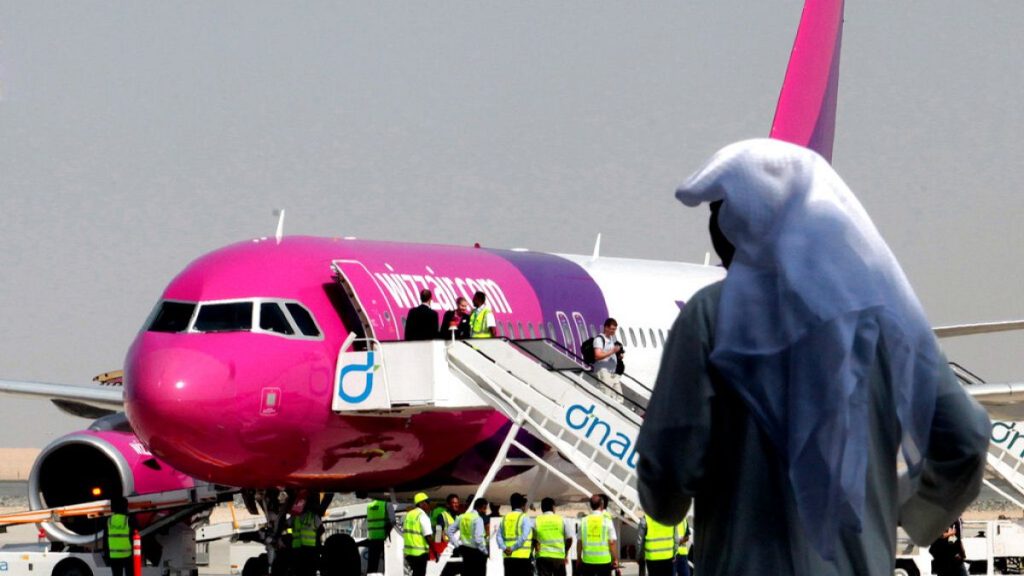Wizz Air, previously labeled as the ‘Worst Airline in Europe’, has announced its plans to launch long-haul flights starting from March 2025. These flights will include routes from London Gatwick to Jeddah, Saudi Arabia and from Milan to Abu Dhabi. The experience on these long-haul flights is expected to be similar to their short-haul flights, with no-frills services and only economy seating available on board. The CEO of Wizz Air, József Váradi, believes that budget-conscious customers will be willing to trade comfort for cost savings.
The introduction of long-haul flights coincides with the arrival of a new Airbus fleet capable of longer journeys, specifically the Airbus A321 XLR aircraft which extends the maximum flight time from six hours to eight hours. Fares for these long-haul flights will start at £134.99 for a one-way trip to Jeddah from the UK. However, Wizz Air has stated that they do not have plans to extend their long-haul routes to the United States, as they believe they would not be competitively positioned against existing transatlantic carriers.
While Wizz Air has made efforts to improve its reputation within the industry, with initiatives such as an all-you-can-fly subscription service, the airline continues to receive poor ratings for passenger experience and punctuality. Which? has reported numerous customer complaints, including issues with seat selection and flight delays. Additionally, Wizz Air has faced criticism from environmentalists for its new long-haul flight schemes, which are seen as contributing to climate change. Despite being recognized as the Most Sustainable Low-Cost Airline, Wizz Air may risk losing this title due to the environmental impact of its new ventures.
The sustainability of budget long-haul flights is a key concern in the aviation industry, with calls for the reduction of global long haul flights to meet climate goals. Campaign groups have suggested implementing frequent flyer levies and investing in alternative modes of transport to minimize the environmental impact of air travel. Wizz Air, however, maintains that it is committed to reducing its carbon emissions and stands by its goal of achieving a 25% reduction by 2030 compared to 2019 levels. The airline believes that its new long-haul services are a positive development and not as detrimental to the environment as critics suggest.
In conclusion, Wizz Air’s decision to launch long-haul flights marks a significant expansion of its services, despite its earlier reputation as the ‘Worst Airline in Europe’. The airline’s focus on offering budget-friendly options may appeal to cost-conscious travelers, although concerns remain regarding the passenger experience and punctuality of its flights. The environmental impact of these long-haul services also raises questions about the sustainability of budget air travel in the long run, with calls for stricter measures to curb carbon emissions in the aviation industry. Ultimately, the success of Wizz Air’s long-haul routes will depend on how well the airline addresses these challenges and meets the expectations of its customers and regulators.









